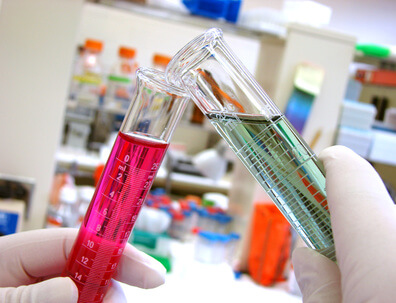Recently, Hyderabad-based pharmaceutical company Lee Pharma (herein after as “the applicant”) filed a Compulsory License (CL) Application for AstraZeneca’s diabetes management drug Saxagliptin.
The said drug is DPP-4 inhibitor and is being sold as alone or in a combination with Metaformin to treat type II diabetes mellitus by achieving glycemic control without accompanying weight gain. The patent for Saxagliptin was originally granted to BMS (Patent No. IN 206543 dated May 29, 2007), who later assigned the patent rights to Astra Zeneca in April 2014. The CL application has been filed by the applicant under section 84 of the Indian Patents Act (herein after as “the Act”).
Section 84 of the Act provides that at any time after the expiration of three years from the date of the grant of a patent, any person interested may make an application to the Controller for grant of compulsory licence on patent on any of the following grounds, namely:-
(a) that the reasonable requirements of the public with respect to the patented invention have not been satisfied, or
(b) that the patented invention is not available to the public at a reasonably affordable price, or
(c) that the patented invention is not worked in the territory of India.
The applicant in its CL application contended following four grounds to prove its point: (a) It has been eight years since the patent for the drug was granted and yet the drug is not being manufactured in India instead it is imported and sold; (b) the drug is heavily priced and not available at reasonable cost to the general public; (c) the imported drug in India is further being exported out of India to other countries such as Mauritius, UK, USA, etc.; and (d) the information provided in Form-27, which reflects the annual working of inventions, is indefinite as there appears non-conformity between the quantum of drug imported viz-a-viz the cost of the imported drug.
Also the applicant stated in its application that it made diligent efforts to procure a voluntary licence from Astra Zeneca, through necessary communication and even providing necessary information as asked by Astra Zeneca, and it is only after Astra Zeneca failed to reciprocate applicant’s request and reminders, was the CL application filed by the applicant. Although it is too early to ascertain the fate of applicant’s CL, but it appears that reasonable efforts were made by the applicant for obtaining voluntary license before it filed for a compulsory license under Section 84 of the Act.
India granted its first CL to a generic drug maker company, Natco Pharma in 2012 to manufacture the generic version of kidney and liver cancer drug sorafenib (Nexavar) patented by German major Bayer under Section 84 of the Indian Patents Act. Though this move by the Indian authorities was highly criticised by the overseas pharma majors, the same holds full legality as per the terms of the TRIPS Agreement.
This grant opened the gate of opportunities for Indian generic drug makers who wish to manufacture drugs by procuring CLs. However last year in December, the Department of Industrial Policy and Promotion (DIPP) asked the Health Ministry to be cautious in regard to the grant of CL and to make sure that compulsory licensing should be invoked only in cases where such licensing would clear all kinds of judicial scrutiny.
It is quite evident that India has been giving opportunities to its generic drug makers but is also treading cautiously on grant of CLs as it does not want to lose ground in any controversy later.




